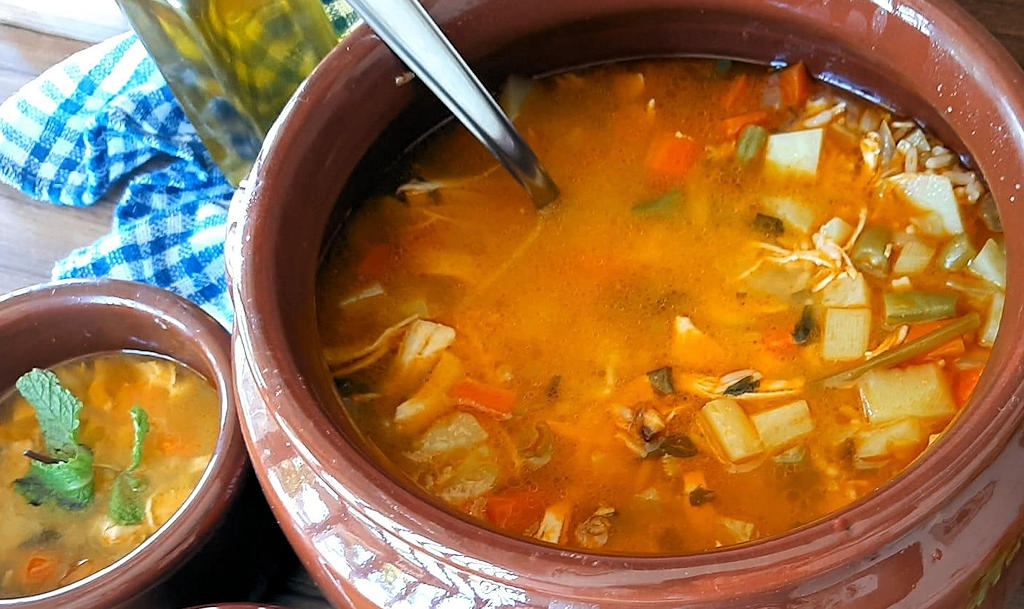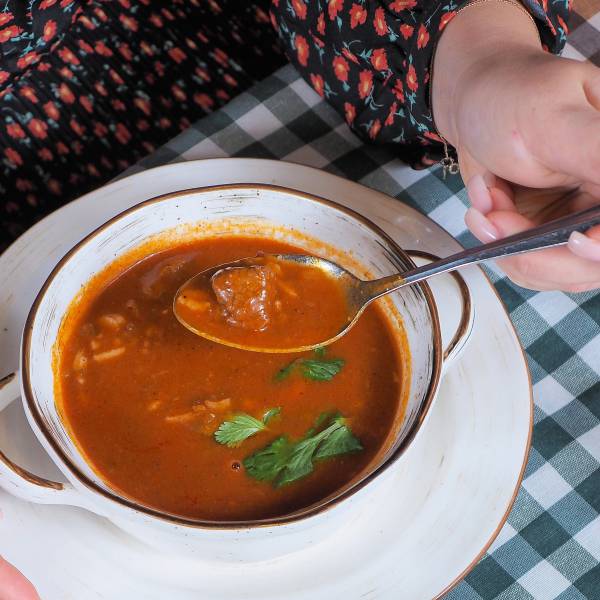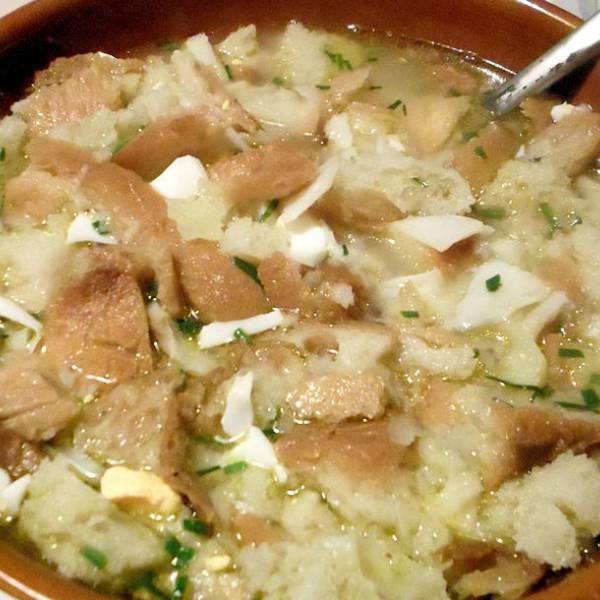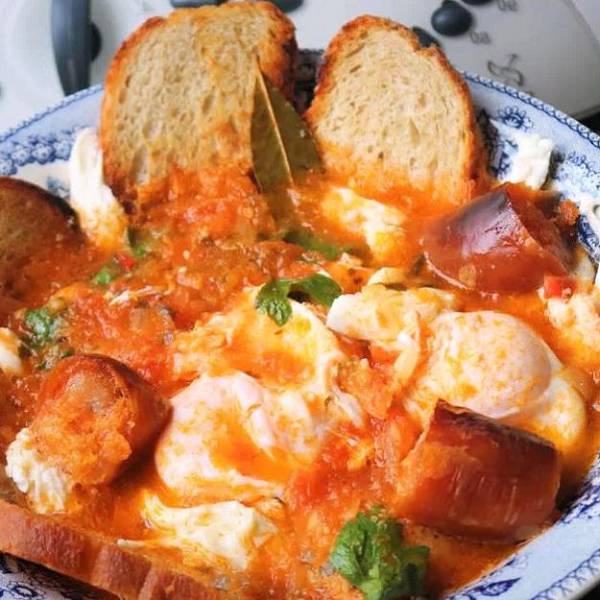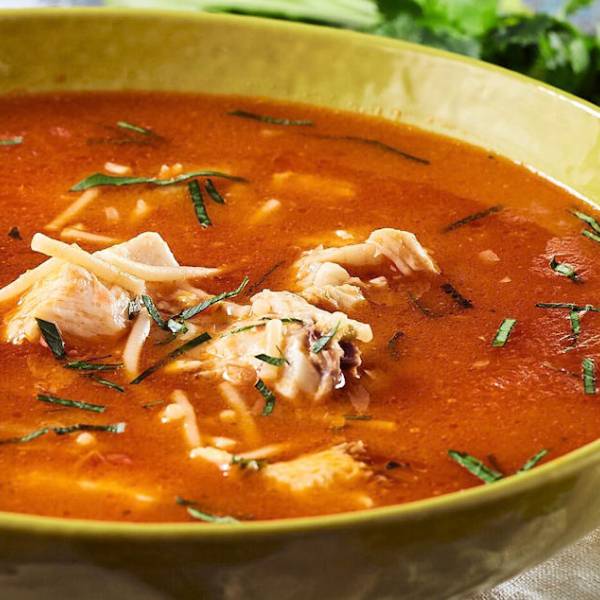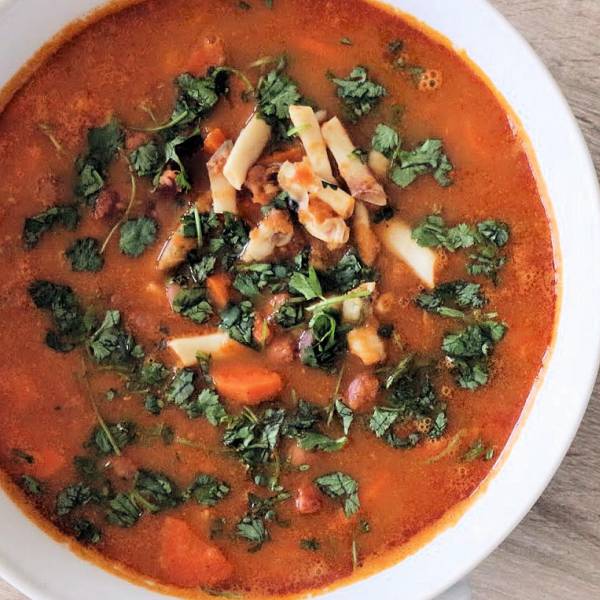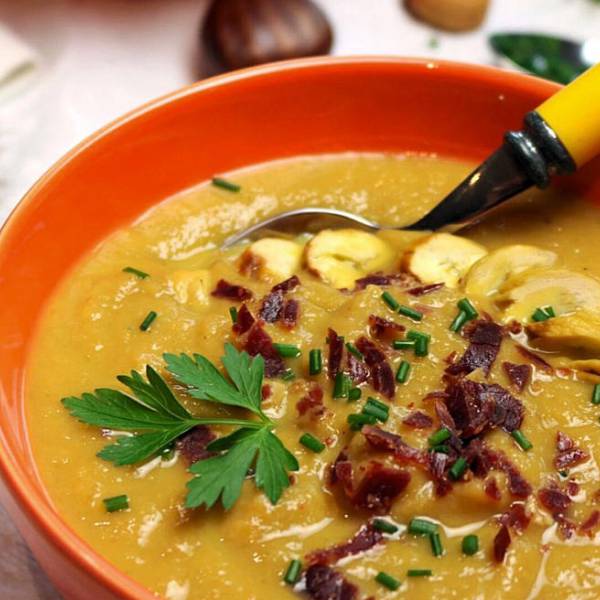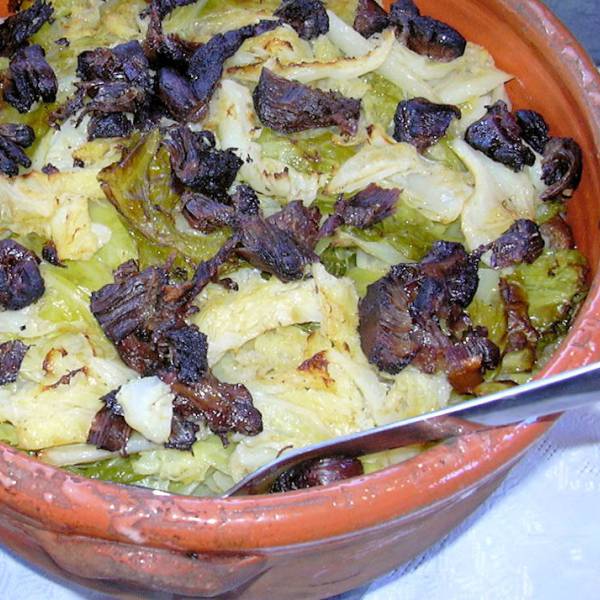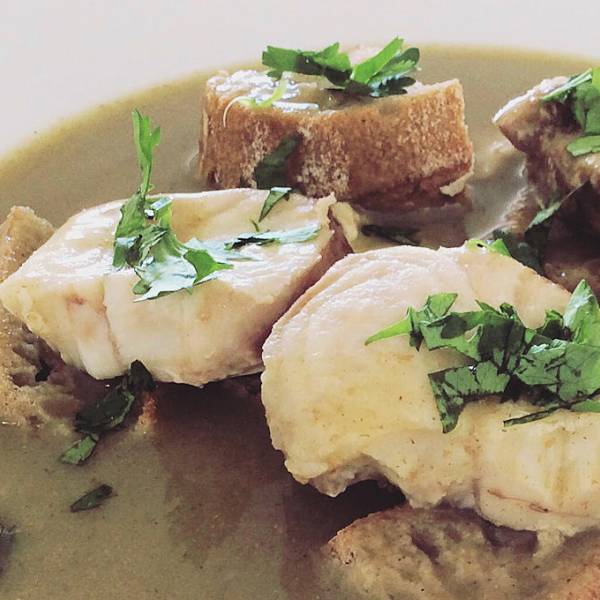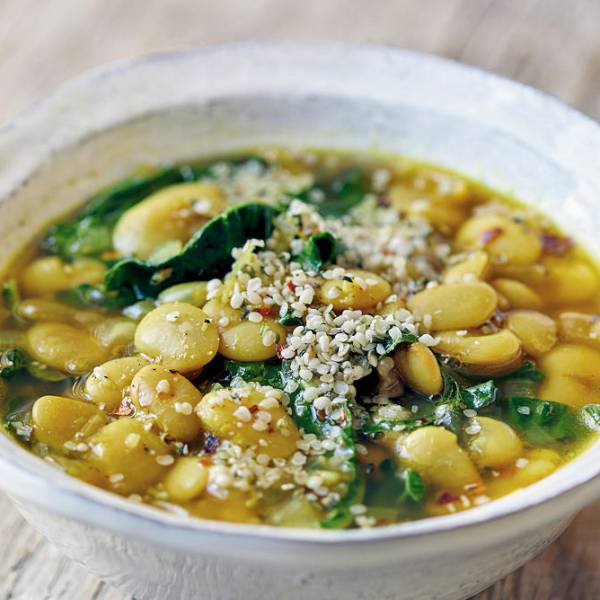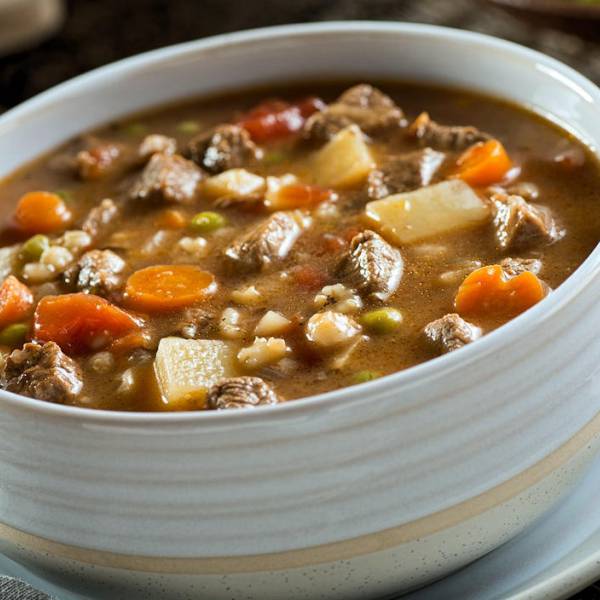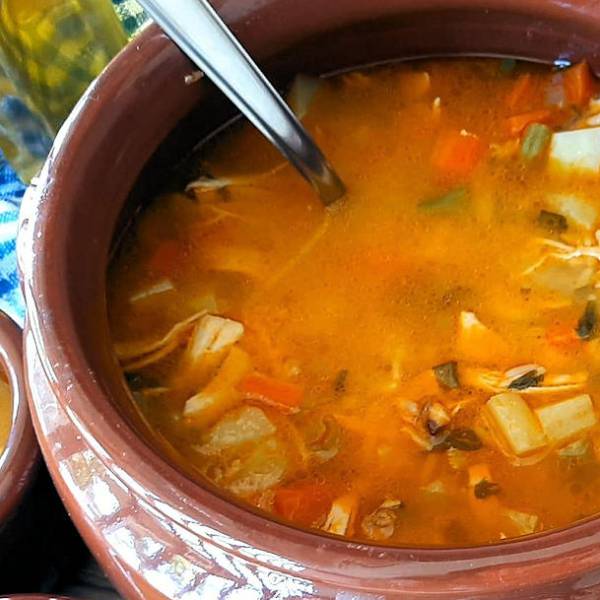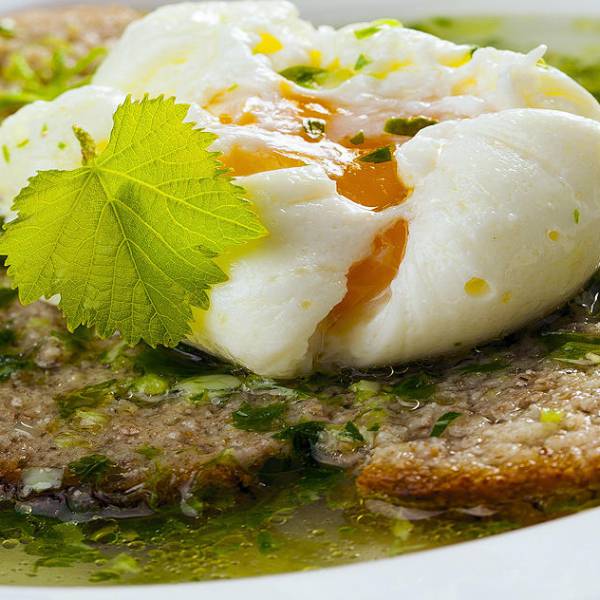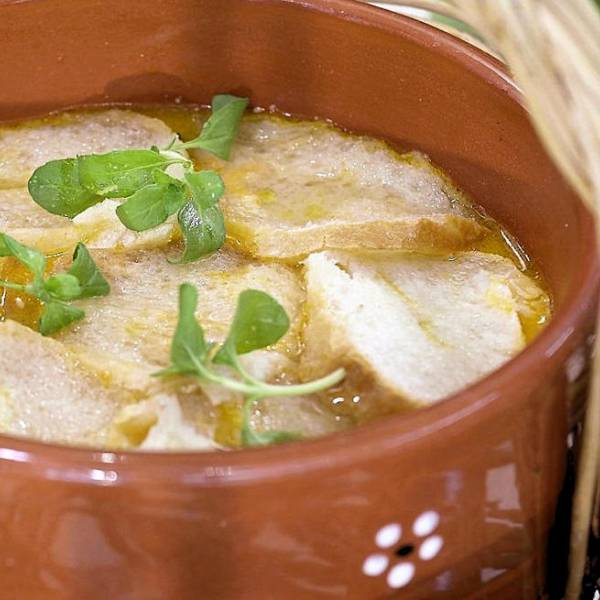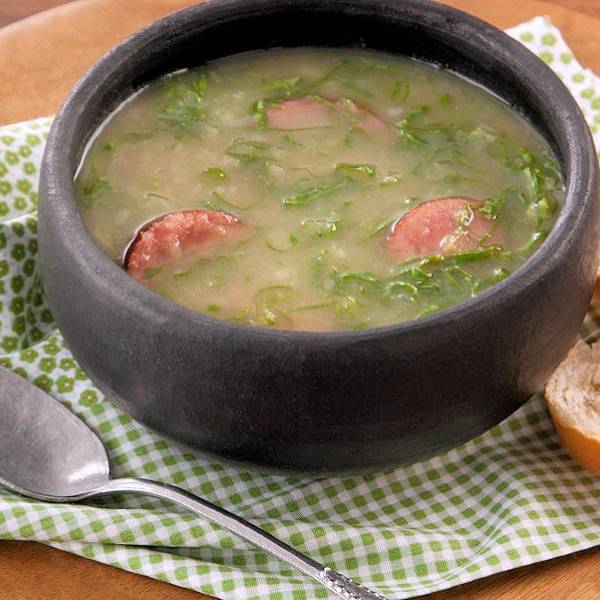As Portuguese explorers ventured to distant lands, they brought with them their culinary traditions, including a variation of congee that would become known as canja. The Portuguese influence in Asia, particularly in Goa and Macau, resulted in the fusion of local flavors with Portuguese ingredients and techniques. Canja de galinha, or chicken canja, emerged as a prominent variation of this comforting dish.
Canja de galinha, the most popular version of canja, is made with chicken as its main ingredient. This beloved soup has gained a reputation for its medicinal properties and is often recommended as a remedy for the common cold or flu. In Portuguese culture, canja de galinha is believed to provide comfort, warmth, and nourishment, making it a go-to dish during times of illness or recovery.
The traditional preparation of canja de galinha involves simmering a whole chicken in water with onions, garlic, and a pinch of salt. The slow cooking process allows the flavors to meld together, creating a rich and flavorful broth. Once the chicken is cooked, it is removed from the broth, and the liquid is strained to create a clear base for the soup. The chicken meat is shredded and added back to the broth, along with rice, creating a thick and hearty texture.
Canja de galinha is often regarded as a medicinal soup, particularly in Portuguese culture. It is believed to have soothing and healing properties, providing nourishment and comfort to those in need. The warmth of the soup can help soothe sore throats and ease congestion, while the combination of chicken and rice provides essential proteins and carbohydrates for energy and recovery. Additionally, the slow simmering of the chicken releases essential nutrients into the broth, making it a nutritious option for individuals with reduced appetites or weakened immune systems.
While canja de galinha is the most well-known variation, canja can also be prepared with other ingredients, catering to different tastes and preferences. In Portugal, there are regional variations of canja that showcase the diverse culinary heritage of the country. For example, canja de peixe, or fish canja, is popular in coastal regions where fresh fish is readily available. This variation substitutes chicken with fish, creating a light and flavorful soup that highlights the bounty of the sea.
Lisbon.vip Recommends
Savoring a bowl of canja is not just about enjoying a delicious and nourishing meal; it's a journey through culinary history and cultural exchange. Whether you choose the traditional canja de galinha or explore regional variations, each spoonful of this comforting soup carries with it the stories and traditions of generations past.
To prepare canja at home, start by simmering a chicken with onions, garlic, and salt until tender. Remove the chicken, strain the broth, and return it to the pot. Shred the chicken meat and add it back to the broth along with rice, allowing it to cook until the grains are tender. Adjust the seasoning to taste, and serve the canja hot, garnished with fresh herbs for added flavor.
So, the next time you seek a nourishing and comforting meal, consider indulging in a bowl of canja. Let its rich flavors and warm embrace transport you to a world of culinary heritage and tradition.


